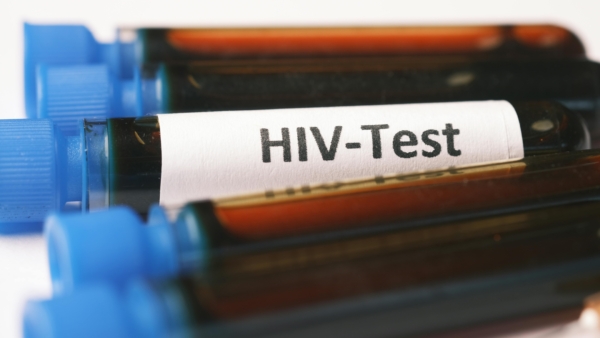
Court rules man to pay Sh650,000 for exposing woman’s HIV status
A heated exchange on HIV status between two WhatsApp group members will cost a man Sh650,000, after the HIV and Aids Tribunal ruled that one should not disclose another’s HIV status without written consent.
The six-member tribunal found that privacy of people who are living (or perceived to be living) with HIV needs to be protected to prevent stigmatisation and discrimination.
“A person’s HIV status is a private affair and should not be disclosed to third parties without consent as per section 22 of the HIV and AIDS Prevention and Control,” the tribunal ruled.
In the case, a woman said on July 25, 2023 at 7.54pm, the respondent code-named GG disclosed her health status by posting her picture to embarrass her.
She added that at 8.04pm, GG also posted a screenshot of a post from a Telegram group to which he had posted her picture with a warning that disclosed her HIV status.
“The threat to disclose my HIV status followed a misunderstanding I had with GG in the WhatsApp group,” she stated.
The woman said efforts to get the respondent to apologise failed, forcing her to file the case at the tribunal seeking an order, among others, against the respondent restraining him from disclosing her status.
She sought damages for impairment of dignity, emotional, physical, and psychological suffering.
GG, on September 21 last year, denied all the allegations and advanced a counterclaim saying she also disclosed his HIV status.
In her testimony on October 19 before the tribunal led by its chairperson Carolyne Mboku, the woman also produced various screenshots of the WhatsApp group where the alleged violation occurred to prove the case against the respondent.
A witness testified that he is a member of the Telegram group which has over 5,000 subscribers, confirming that the respondent is the administrator of the group and offers a paid platform for people to do exposés.
The witness said the man posted another picture of the claimant with a warning and exposed her health status to the members of the group.
On cross-examination, the witness confirmed the respondent shares several WhatsApp groups with the claimant and he is the one who called her to tell her that she had been exposed in the group.
But the accused claimed it was the woman who posted his status in another WhatsApp group.
The man tendered evidence that the claimant started sharing screenshots, which she has now deleted, saying that he was a ‘prostitute’.
In its ruling on August 1, the tribunal cited Section 22 (1) (a) of the HIV and AIDS Prevention and Control Act (HAPCA) that requires non-disclosure of any information regarding the results of an HIV test or any related assessment to any other person without the written consent of that person.
“It is our finding that the Respondent’s actions amounted to a violation of the provisions of section 22 of HAPCA, and that he unlawfully and without consent of the claimant, disclosed the claimant’s status, real or perceived, to third parties, being the members of the WhatsApp group,” the tribunal ruled.
“We reiterate, as we have always done before in cases we have adjudicated in the past, that a person’s HIV status whether real or perceived ought not to be disclosed to third parties without prior written consent of that person,” it added.
It noted that his behaviour caused the woman mockery, discrimination, and psychological torture.
Consequently, the tribunal ordered the man to pay Sh500,000 for the unlawful disclosure and Sh150,000 for the discrimination and stigmatisation suffered.
The case was similar to another related to exchanges on a social media political platform.
In a decision rendered in December last year, the tribunal fined a man Sh850,000 for exposing his friend’s HIV status on a WhatsApp group.
According to the petitioner, he was engaged in a political discussion on the group where he posted a comment that was divergent from the respondent’s view.
In retaliation, the accused posted a comment on the group that alleged that he was HIV positive.
Court documents showed that the complainant’s wife moved from their matrimonial bed and started sleeping in a separate bedroom after the allegations.








